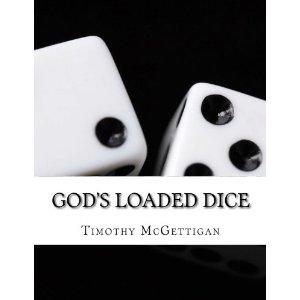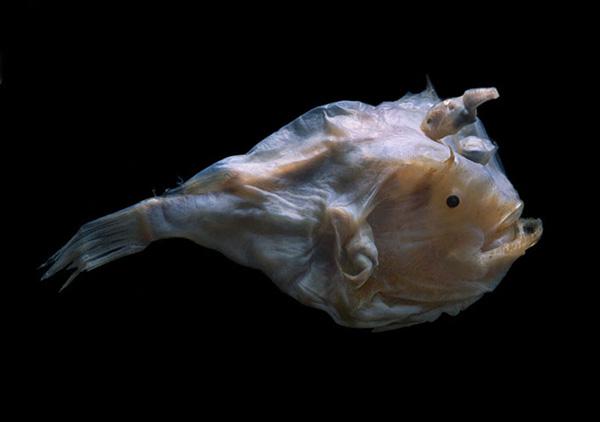Over at aeon, bird biologist Lewis Spurgin discusses the role of chance in evolution. He studies birds, especially island birds, and has concluded that chance or founders effects best explains the island bird variation. In other words, the morphometric (and presumably behavioral) variation appears to be accidental rather than adaptive. Selection has not been progressively fine-tuning these birds in a manner that ideally fits them to their environments.
When (as is often the case) variations do not confer functional or fitness advantages, they are byproducts or spandrels. In the past, this idea was controversial and there were strident debates about whether selection was always or primarily adaptive. For biologists of Spurgin’s generation, these debates were political sensu stricto — those involved, in other words, saw their science and politics as extensions of one another. This strikes me as odd but I came to science a generation later and with a background in humanities. When I studied these issues and debates (many years after they had cooled), it never occurred to me that they were driven in part by politics. It did occur to me that truth was not the only thing at stake — there were cosmological issues lurking.
There are some, evolutionary theists in particular, who cannot countenance the idea that chance or accident plays a role in evolution. By extension, they cannot countenance the idea that human minds and behaviors may be chance or accidental byproducts of selection. God, as they say, doesn’t play dice, unless of course he designed and loaded them.

Regardless of one’s views on these issues, it’s hard not to be impressed Iain Bamforth’s lyrical musings on “Metazoa” over at The Threepenny Review. I’m not sure what he is up to or getting at, but I sure do like it. Anyone who can fruitfully alternate humane and scientific aphorisms is keen in my book.
A morsel of the humane:
It struck me today reading The Iliad that Nietzsche’s famous breakdown in Turin, when he supposedly embraced two maltreated drayhorses in the street, acts out in reverse the sequence in Book 17, when Xanthos and Balios, the two magnificent steeds that pulled Achilles’s war-car, stood motionless after the death of Patrocles and wept. They were the offspring of Zephyr, god of the west wind, and the harpy Podarge. Nietzsche would also have known the passage in The Republic where Plato proposed that the man whose nature moved as harmoniously and purposefully as a horse’s must be an excellent man.
And a morsel of science:
In the bathypelagic zone of the oceans where living creatures are rare, pressures immense, and the dark permanent, the ceratioid anglerfish Haplophryne mollis, known as the phantom anglerfish (it lacks pigmentation), employs an extreme form of sexual dimorphism to ensure reproductive success.
When the male anglerfish matures, its digestive system begins to degenerate, obliging it to find a larger female anglerfish to prevent impending death. A sensitive olfactory apparatus allows it to locate the presence of a free-living female: the male bites the female, triggering the release of an enzyme that digests his mouthpiece as well as the proximate bite-zone, fusing the male with the ventrum of the female. The male then atrophies, losing his digestive organs, and then his brain, heart, and eyes, regressing to no more than a pair of gonads that broadcast their sperm in response to circulating hormones signaling egg release in the female. The females are polyandrous, and will over the course of a lifecycle attract several sperm-donors.
The first researchers to examine specimens of anglerfish trawled from the deeps were surprised to find only female examples and initially thought these ventral vestiges were parasites, which they are (in a non-standard sense). These males are another example of what Roger Caillois called instinct d’abandon, although the relinquishing of self-preservation he observed and wrote about was in the male praying mantis.
Wonderful.

Evolution of Anglerfish Morality or Awesomeness of Creation? Female with Parasitic Male Attached (Male Has Become Vestigial Spermbag)

